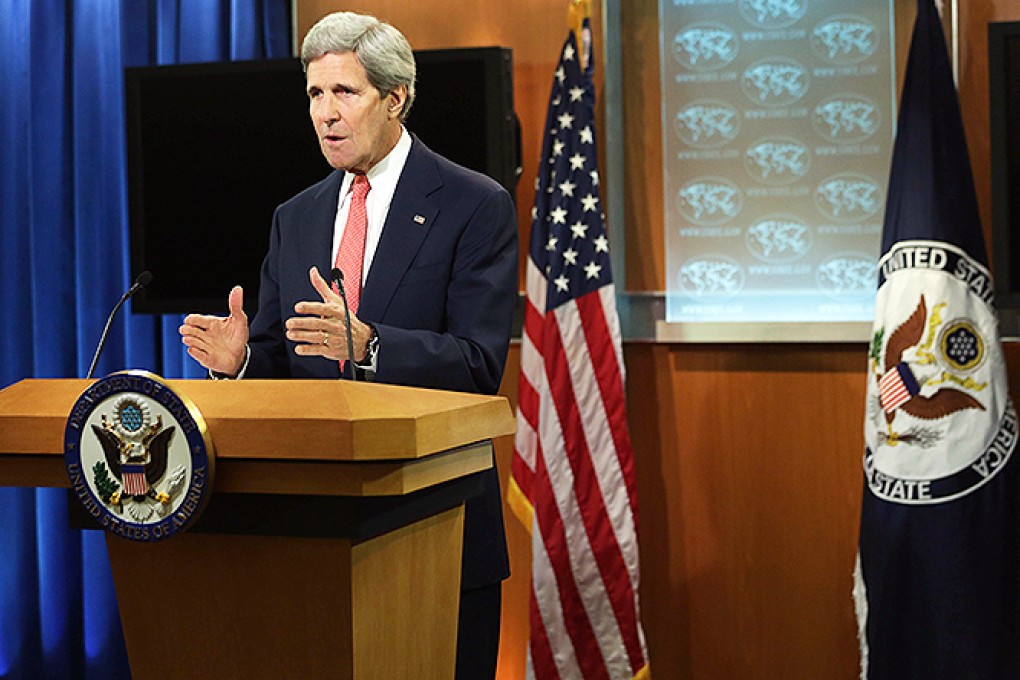Putin's adventurism in Ukraine will end in disaster for Russia
Robert Patman says president has miscalculated cost of action in Ukraine

Amid the growing clamour in Washington that the Obama administration project strength in the Ukraine crisis, several key points are being obscured.
First, the option of America acting like a cold-war great power is over. The global context of the 21st century is fundamentally different from that era. If the events of September 11 or the US invasion of Iraq in 2003 demonstrated anything, it is that extraordinary national power alone does not guarantee security or diplomatic influence in the world.
Today, challenges in the security, economic or environmental spheres cannot be resolved unilaterally by any sovereign state.
Second, Russian President Vladimir Putin's adventurism in Ukraine is likely to end in strategic disaster for Russia. On the surface, Putin's swift annexation of Crimea and growing involvement in eastern Ukraine has been a rousing national success.
Many Russians are applauding him as a hero who stands up to the West and is prepared to use military force to assert Russian interests and rights in "near abroad" countries like Ukraine.
But Putin has behaved as if he is leading the old Soviet Union rather than a post-communist Russia, which has a big stake in an interconnected global economic order. In particular, he has overlooked the economic, political and diplomatic costs of his actions in Ukraine.
Even before the intervention, the Russian economy was struggling; economic growth was a modest 1.3 per cent last year. Now, as a result of intensifying US and EU sanctions, Moscow faces the prospect of negative growth this year and a looming economic crisis.